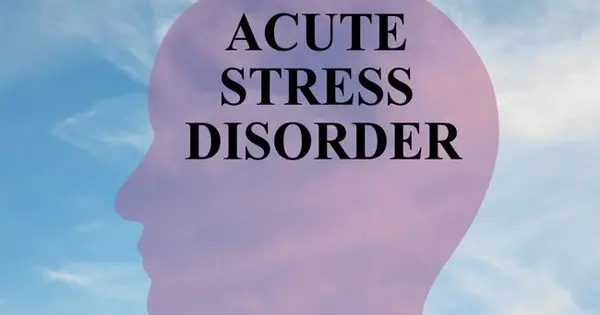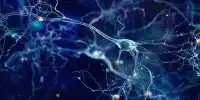Acute Stress Disorder (ASD) is a psychological illness that can develop in some people following a traumatic event. It is a psychological response to a terrible, distressing, or shocking encounter. It is also known as acute stress reaction, psychological shock, mental shock, or just shock. Acute stress reactions can include, but are not limited to, intrusive or dissociative symptoms, as well as reactive symptoms like avoidance or arousal. If not addressed properly, it may result in delayed stress reactions (commonly known as post-traumatic stress disorder, or PTSD).
Reactions might last for days or weeks following a distressing experience. It is distinguished by a variety of symptoms that appear within a month of the stressful event. ASD is thought to be a precursor to post-traumatic stress disorder (PTSD), but not everyone who goes through a stressful event develops ASD or PTSD. ASD can be triggered by traumatic experiences such as major accidents, natural catastrophes, physical or sexual assault, military warfare, or other life-threatening conditions.
The symptoms of ASD can be severe and may interfere with a person’s daily functioning. Some common symptoms of ASD include:
- Intrusive thoughts: Distressing memories, flashbacks, or nightmares related to the traumatic event.
- Avoidance: Efforts to avoid reminders of the traumatic experience, including places, people, or activities that may trigger distressing memories.
- Negative mood: Persistent feelings of guilt, shame, or fear. Diminished interest in activities that were once enjoyed.
- Dissociation: Feeling detached from oneself, as if watching the trauma from a distance. This can include a sense of unreality or amnesia about parts of the traumatic event.
- Arousal and reactivity: Symptoms such as difficulty sleeping, irritability, hypervigilance, and exaggerated startle response.
These symptoms must be present for at least three days in order to be diagnosed with ASD, however, they can linger up to four weeks. If the symptoms remain beyond this time period, a PTSD diagnosis may be explored. It’s crucial to remember that not everyone who witnesses a traumatic event develops ASD or PTSD, and that people’s reactions to trauma differ.
ASD treatment typically consists of a combination of psychotherapy, such as cognitive-behavioral therapy (CBT), and medication to address specific symptoms. Early intervention is critical for preventing long-term psychological suffering. If you or someone you know has ASD symptoms, it is recommended that you get care from a mental health professional who specializes in trauma and stress-related problems.














